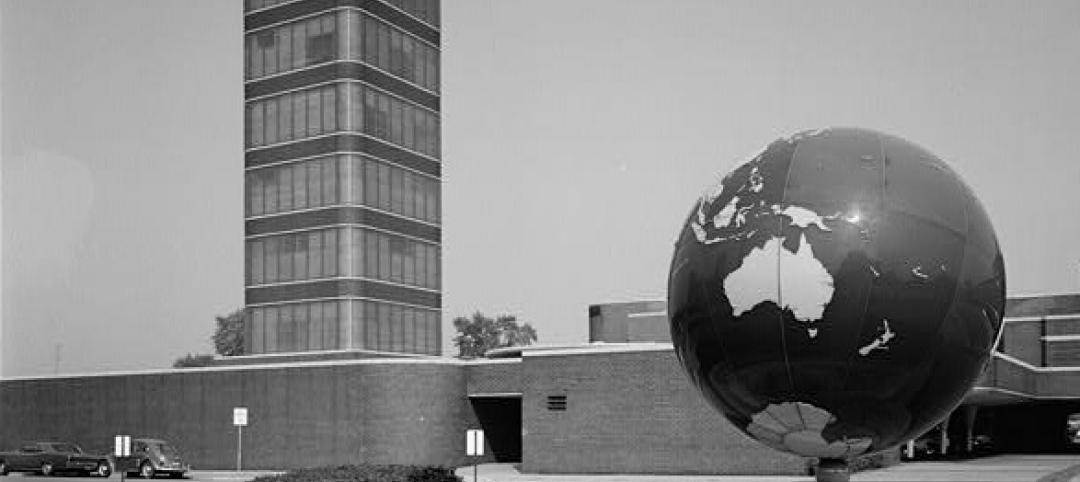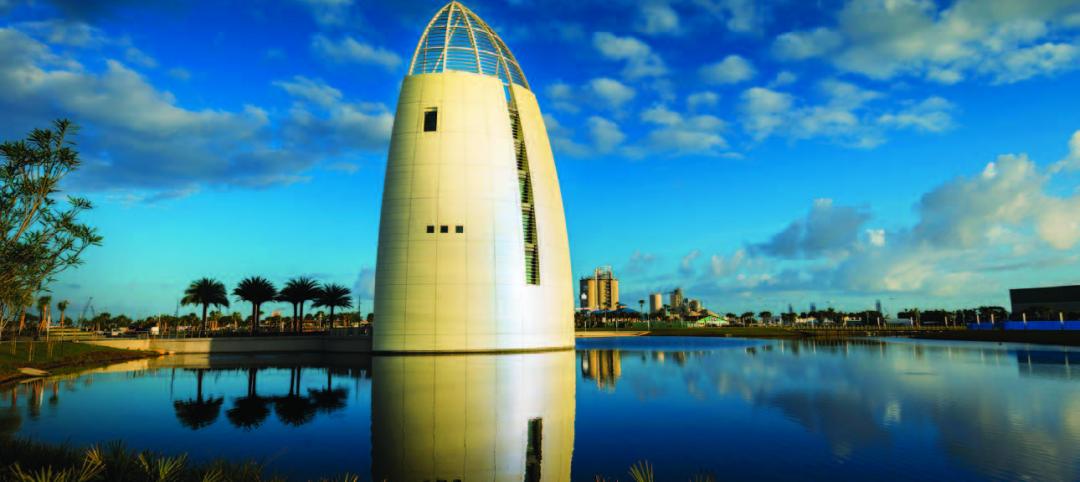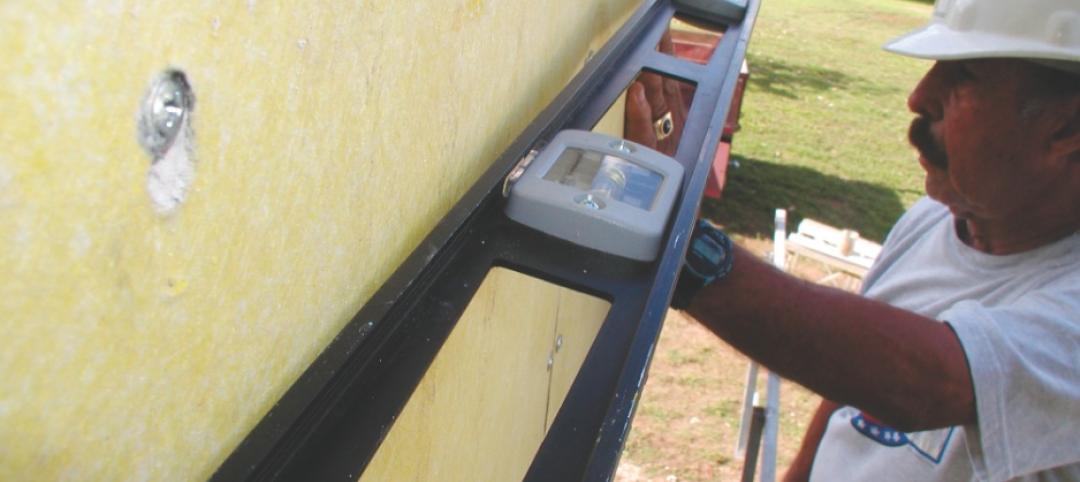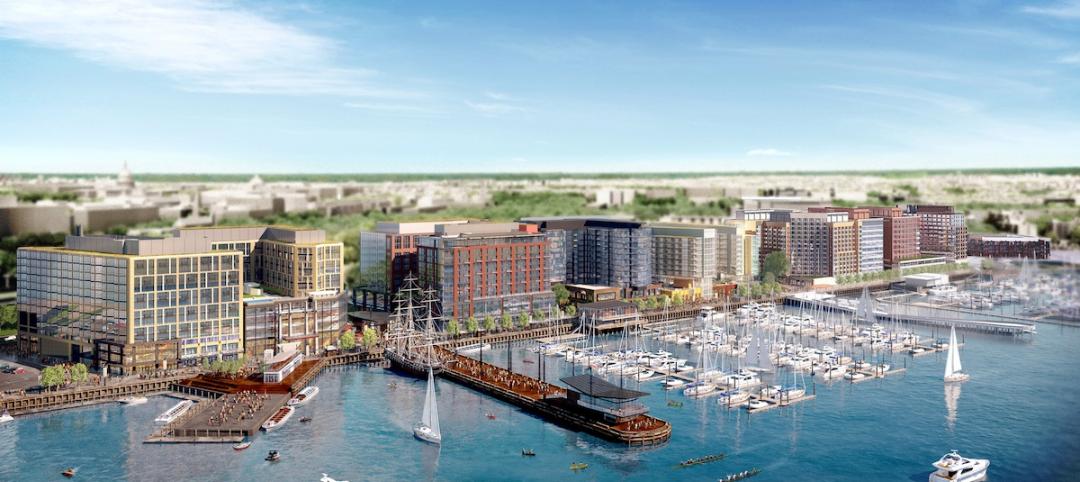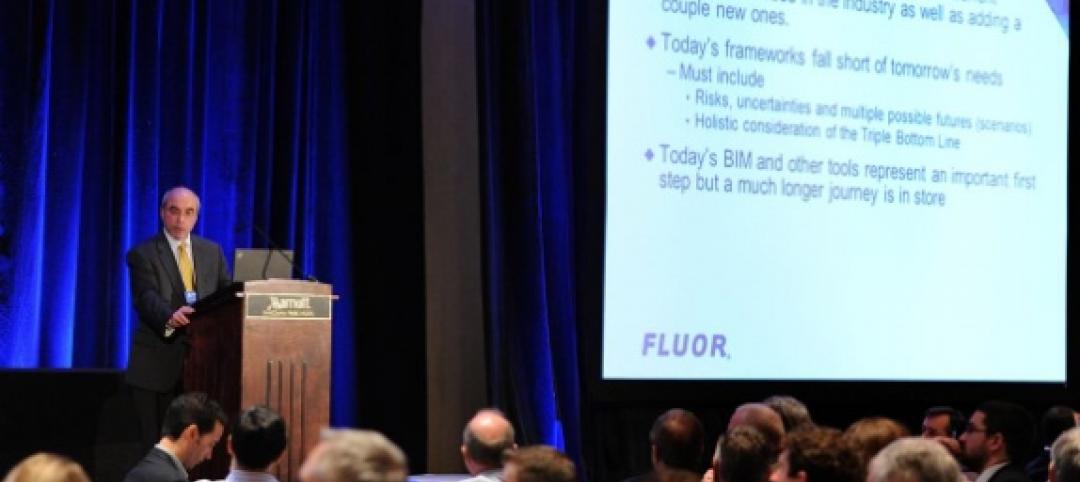For the past year and a half, I have had the pleasure of working with an incredible group of AEC marketing and business development leaders as a member of the Board of Trustees for the SMPS Foundation, the nonprofit research arm of the Society for Marketing Professional Services.
The Foundation’s 2018 research project will explore the brain science behind client decision making behavior. That is, why do your clients—real estate developers, building owners, university leaders, school district officials, healthcare operators, etc.—make the decisions they do? And how, as an AEC firm, can you better tailor your services, marketing, and communications to more effectively influence your clients and better meet their needs?
Here’s a synopsis of the research project:
Within the AEC industries, our clients, both public (i.e., local, state, provincial, federal entities) and private, are responsible for making decisions regarding which companies they will hire to design and build their projects. As the market continues to become more competitive, we are interested in understanding and reacting to the science behind decision making—how brains work subconsciously and emotionally, and rationalize one service provider over another with stats and scoring, for example. The researcher(s) for this project should also explore and present any other components of decision-making and how service providers can affect the outcome of choices their clients make.
This is the type of important business research that is absent in our market. All AEC professionals could benefit from its findings and recommendations.
The Foundation has composed a formal FRP in search of research groups and neuroscience experts who are interesting in taking on this important study.
If you are interested in learning more or submitting an RFP for this funded research project, please email me at dbarista@sgcmail.com. Thanks!
Related Stories
| Mar 25, 2014
World's tallest towers: Adrian Smith, Gordon Gill discuss designing Burj Khalifa, Kingdom Tower
The design duo discusses the founding of Adrian Smith + Gordon Gill Architects and the design of the next world's tallest, Kingdom Tower, which will top the Burj Khalifa by as much as a kilometer.
| Mar 24, 2014
Snøhetta unveils plans for serpentine mountain hotel
The winding hotel and apartment building will be built between the mountains and the sea in remote Glåpen, Norway.
| Mar 24, 2014
Frank Lloyd Wright's S.C. Johnson Research Tower to open to the public—32 years after closing
The 14-story tower, one of only two Wright-designed high-rises to be built, has been off limits to the public since its construction in 1950.
Sponsored | | Mar 21, 2014
Kameleon Color paint creates color-changing, iridescent exterior for Exploration Tower at Port Canaveral
Linetec finishes Firestone’s UNA-CLAD panels, achieving a one-of-a-kind, dynamic appearance with the first use of Valspar’s new Kameleon Color
| Mar 21, 2014
Forget wood skyscrapers - Check out these stunning bamboo high-rise concepts [slideshow]
The Singapore Bamboo Skyscraper competition invited design teams to explore the possibilities of using bamboo as the dominant material in a high-rise project for the Singapore skyline.
| Mar 20, 2014
Common EIFS failures, and how to prevent them
Poor workmanship, impact damage, building movement, and incompatible or unsound substrate are among the major culprits of EIFS problems.
| Mar 20, 2014
D.C. breaks ground on $2B mega waterfront development [slideshow]
When complete, the Wharf will feature approximately 3 million sf of new residential, office, hotel, retail, cultural, and public uses, including waterfront parks, promenades, piers, and docks.
| Mar 20, 2014
Fluor defines the future 7D deliverable without losing sight of real results today
A fascinating client story by Fluor SVP Robert Prieto reminds us that sometimes it’s the simplest details that can bring about real results today—and we shouldn’t overlook them, even as we push to change the future state of project facilitation.
| Mar 19, 2014
Is it time to start selecting your own clients?
Will 2014 be the year that design firms start selecting the clients they want rather than getting in line with competitors to respond to RFPs? That’s the question posed by a recent thought-provoking article.
| Mar 19, 2014
How to develop a healthcare capital project using a 'true north charter'
Because healthcare projects take years to implement, developing a true north charter is essential for keeping the entire team on track and moving in the right direction.





